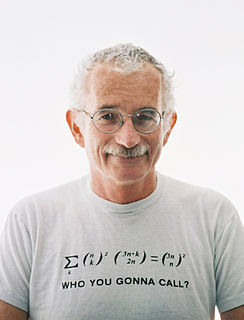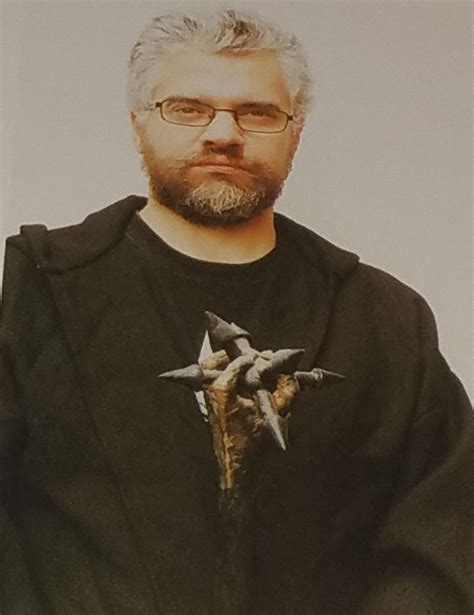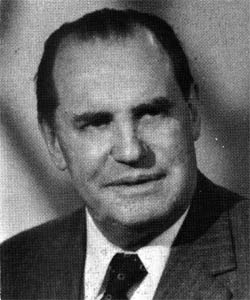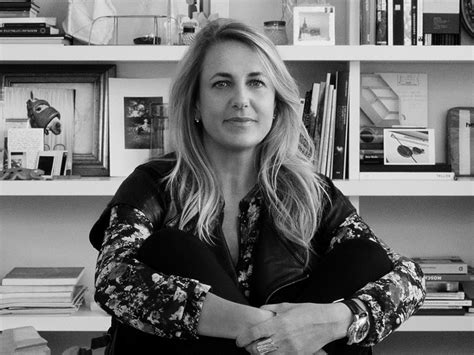A Quote by George Friedman
If you go through the list of things that are not possible you're left with a very finite amount of possibilities. The fancy name for this is constraint theory. It's a nonquantitative model, but it's a field of mathematics.
Related Quotes
Constraint theory asks: What is the price for doing this? Now one way around constraint theory is declaring your enemy crazy. Crazy and stupid are not concepts used in forecasting. When people say they're really stupid or they're crazy, that's laziness. That means I don't want to think through their position or about what they're really going to do.
You can keep counting forever. The answer is infinity. But, quite frankly, I don't think I ever liked it. I always found something repulsive about it. I prefer finite mathematics much more than infinite mathematics. I think that it is much more natural, much more appealing and the theory is much more beautiful. It is very concrete. It is something that you can touch and something you can feel and something to relate to. Infinity mathematics, to me, is something that is meaningless, because it is abstract nonsense.
Henceforth, whilst there are a great many theories and models proposed as to how, or why, magic works (based on subtle energies, animal magnetism, psychological concepts, quantum theory, mathematics or the so-called anthropomorphic principle) it is not a case that one of them is more 'true' than others, but a case of which theory or model you choose to believe in, or which theory you find most attractive. Indeed, from a Chaos Magic perspective, you can selectively believe that a particular theory or model of magical action is true only for the duration of a particular ritual or phase of work.
A science of all these possible kinds of space [the higher dimensional ones] would undoubtedly be the highest enterprise which a finite understanding could undertake in the field of geometry... If it is possible that there could be regions with other dimensions, it is very likely that God has somewhere brought them into being.
On foundations we believe in the reality of mathematics, but of course, when philosophers attack us with their paradoxes, we rush to hide behind formalism and say 'mathematics is just a combination of meaningless symbols,'... Finally we are left in peace to go back to our mathematics and do it as we have always done, with the feeling each mathematician has that he is working with something real. The sensation is probably an illusion, but it is very convenient.
The broader the chess player you are, the easier it is to be competitive, and the same seems to be true of mathematics - if you can find links between different branches of mathematics, it can help you resolve problems. In both mathematics and chess, you study existing theory and use that to go forward.
General Systems Theory is a name which has come into use to describe a level of theoretical model-building which lies somewhere between the highly generalized constructions of pure mathematics and the specific theories of the specialized disciplines. Mathematics attempts to organize highly general relationships into a coherent system, a system however which does not have any necessary connections with the "real" world around us. It studies all thinkable relationships abstracted from any concrete situation or body of empirical knowledge.
I think time is a constraint to destroy and then reinvent. If you give me a constraint, I'll accept it. But I always try to move it around, or to readapt it. Ecco! If you lock me in a room, well I'll go out through the window! I always remember Achille Castiglioni, one of my mentors, and he always said that in industrial design you have the idea, the fantasy, the concepts - that's the marmalade! - but the constraint of the brief is the bread. You need both in order to find structure for your ideas.
When I am writing I don't set a certain number of pages. I do know that the further into a script I get the faster it goes. As soon as you start making decisions you start cutting off all of the other possibilities of things that could happen. So with every decision that you make you are removing a whole bunch of other possibilities of where that story can go or what that character can do. So when I get maybe 2/3's of the way through I can see very clearly where it is going to go.
I think we have gotten to a point as Americans, unfortunately, where we take for granted the magic that life brings and that life is really special and every life matters. We tend to go through life but not take the moment to step back and remember you are here, right now, for a very finite amount of time.


































